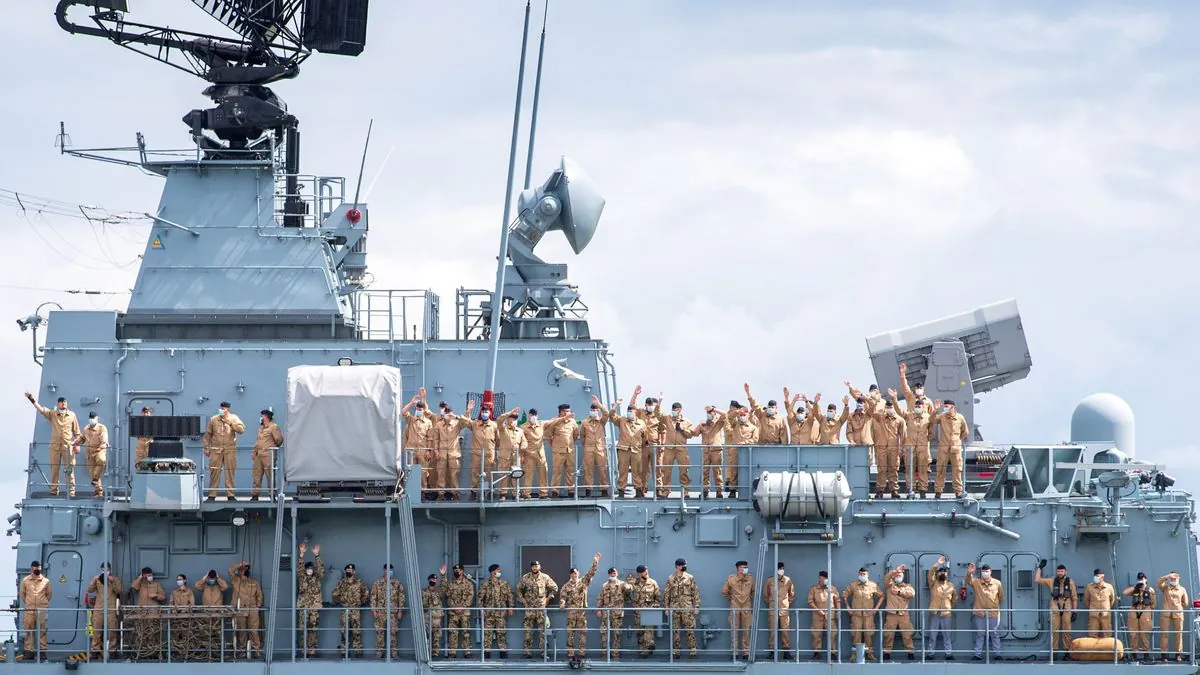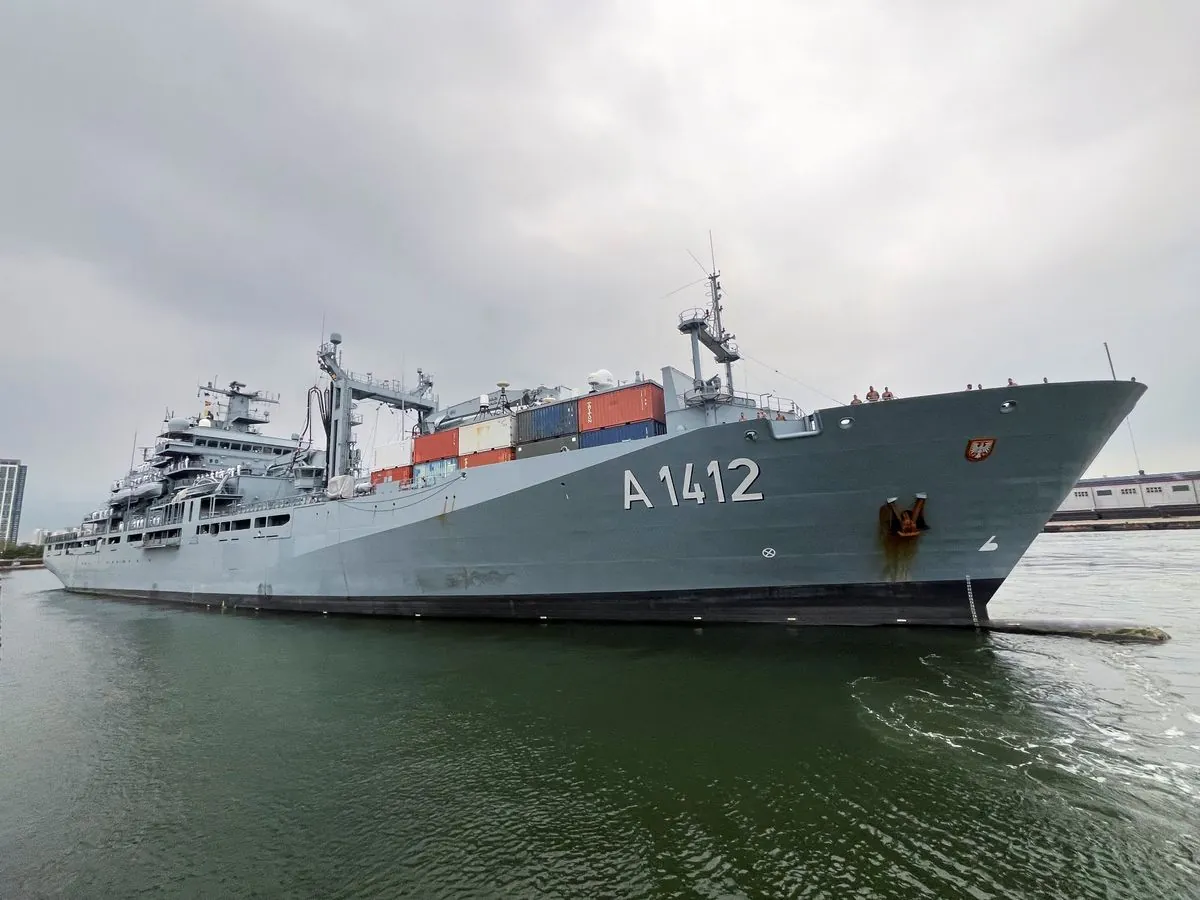German Warships Set for Historic Taiwan Strait Passage After 22 Years
Two German naval vessels plan to navigate the Taiwan Strait in mid-September, marking the first such passage in 22 years. This move aligns with Western nations' increased military presence in the region.

In a significant development, two German warships are preparing to traverse the Taiwan Strait in mid-September 2024, as reported by Spiegel magazine on September 7, 2024. This passage would mark the first time in 22 years that German naval vessels have navigated this strategically important waterway.
The Taiwan Strait, a 180 km (110-mile) wide channel separating mainland China from Taiwan, has long been a focal point of geopolitical tension. China asserts sovereignty over the strait and Taiwan itself, while Taiwan vehemently opposes these claims, insisting that only its citizens can determine their future.

This planned naval operation aligns with recent actions by other Western nations, including the United States and Canada, who have sent warships through the strait in recent weeks. The move is seen as a demonstration of Germany's commitment to international maritime norms and peaceful conflict resolution.
Rear Admiral Axel Schulz, commander of the German naval task group, previously stated that such a passage would underscore Germany's dedication to a rules-based order and peaceful resolution of territorial disputes.
"We do not comment on ongoing or future operations."
It's worth noting that the Taiwan Strait is a crucial trade route, with approximately half of the world's container ships passing through it. International law generally defines territorial waters as extending 12 nautical miles from a country's coastline, which has implications for the strait's status as an international waterway.
The German warships are currently participating in regional exercises alongside forces from France, Indonesia, Italy, Japan, Malaysia, Singapore, the Philippines, and the United States. This collaborative effort reflects the growing focus on military cooperation in the Indo-Pacific region.
Germany's decision to navigate the Taiwan Strait comes amid its expanding military presence in the area, a response to Beijing's increasing territorial ambitions. This move is particularly noteworthy given Germany's complex economic ties with both China and Taiwan. China remains Germany's most important global trading partner, while Germany is Taiwan's largest trading partner within the European Union.
The planned passage highlights the delicate balance Germany must maintain in its foreign policy. While adhering to the "One China" policy, Germany also maintains unofficial relations with Taiwan, reflecting the diplomatic ambiguity that characterizes many countries' approaches to the region.
As tensions persist in the Taiwan Strait, which has been a focus of military concerns since the 1950s, the international community continues to navigate the complex geopolitical landscape of the Indo-Pacific. The German warships' passage, if completed, will likely be viewed as a significant statement on freedom of navigation and international maritime norms.


































